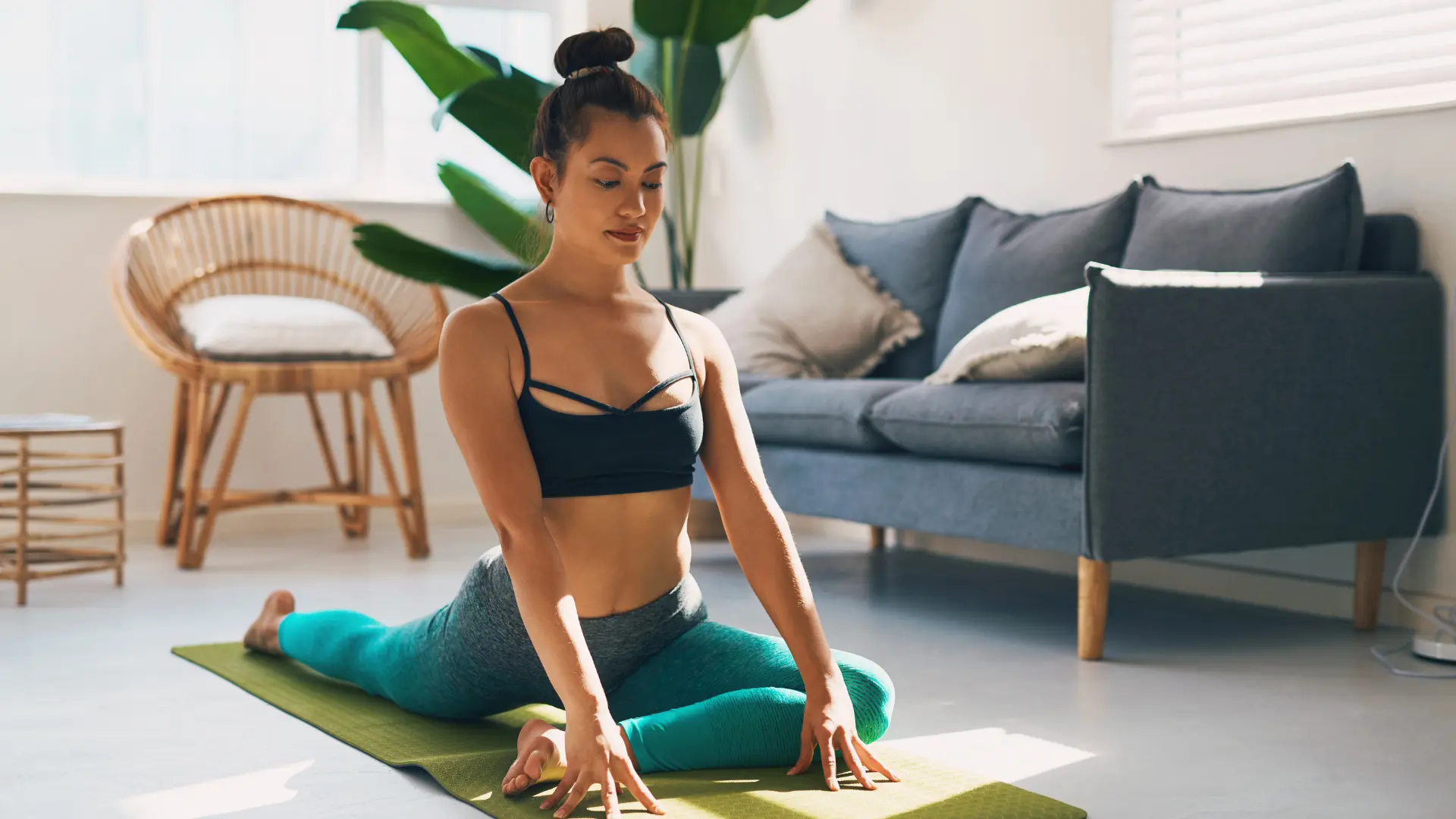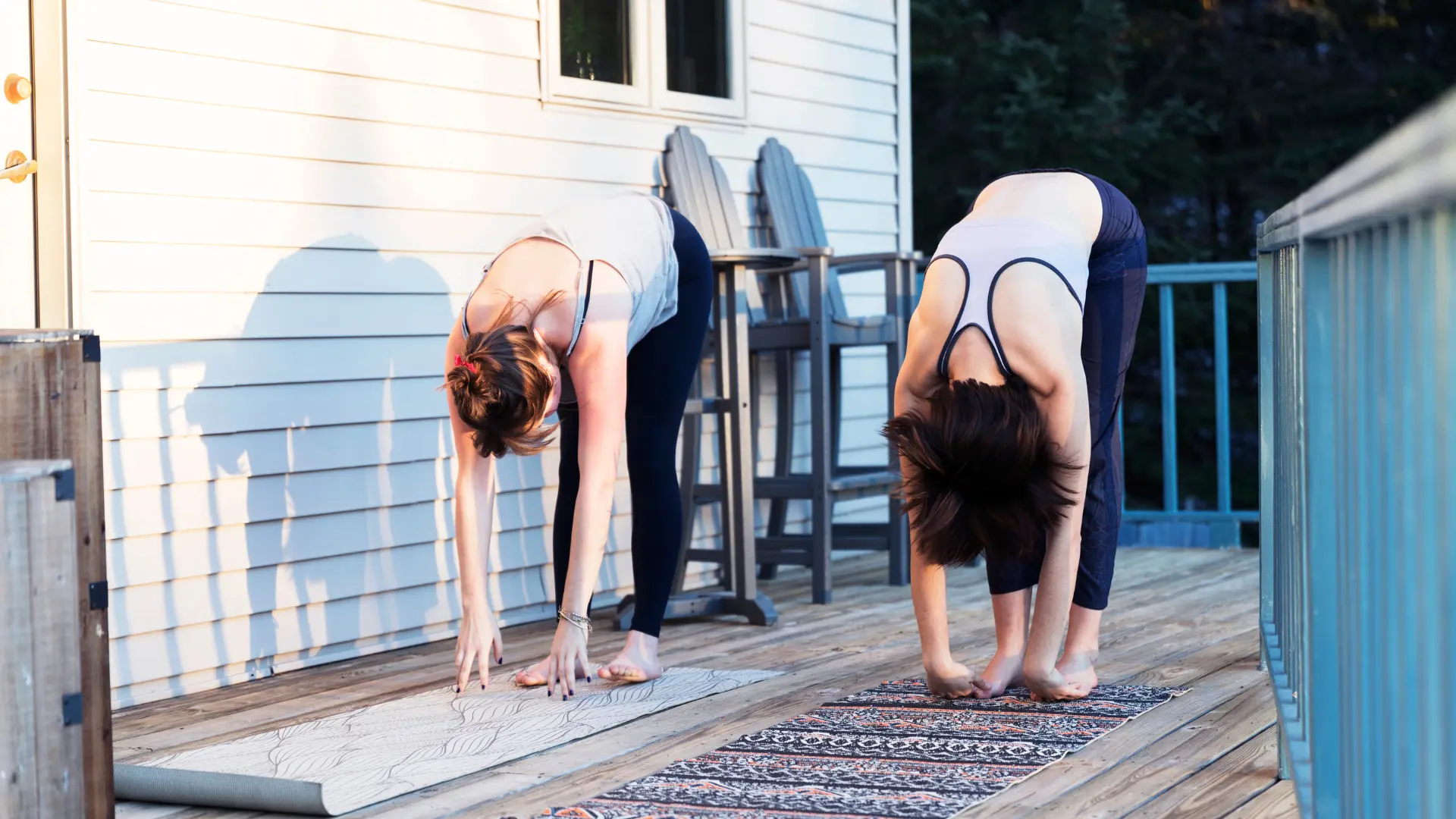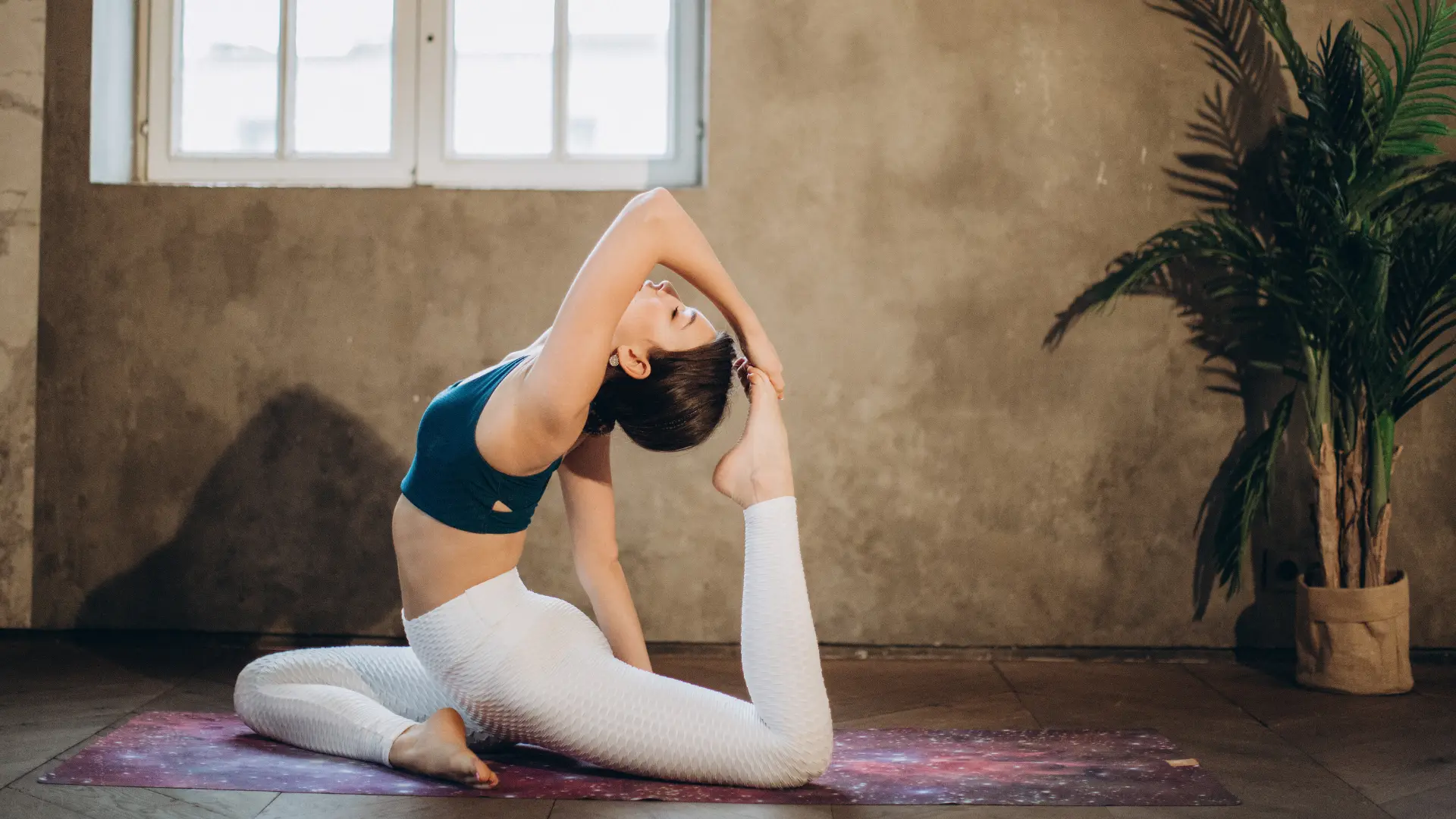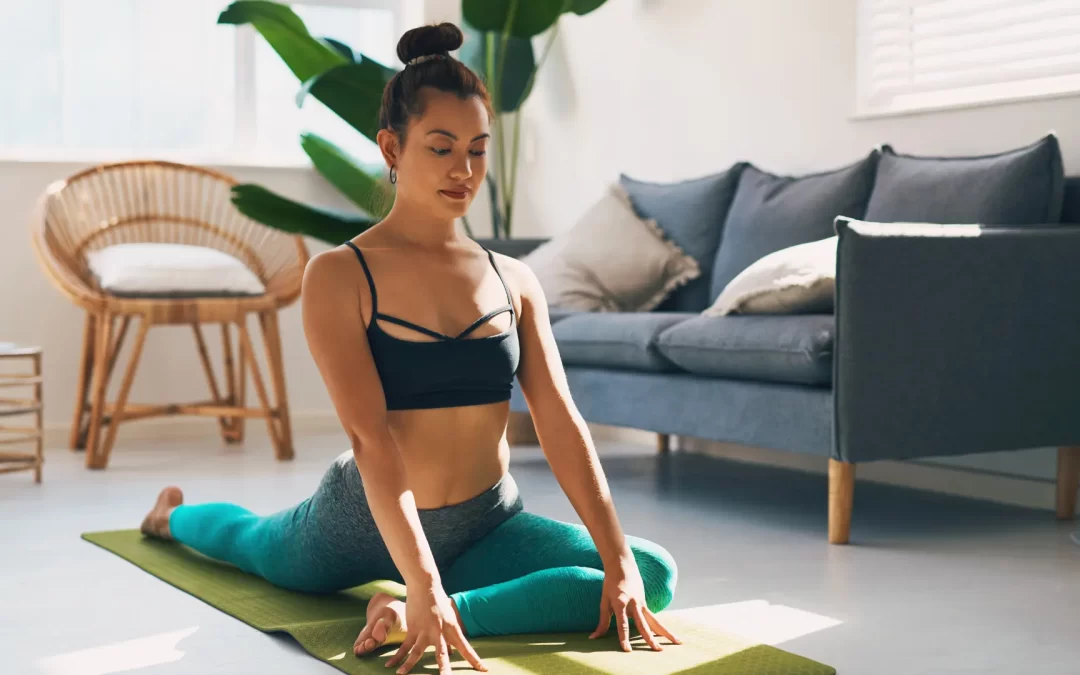Incorporating Yoga into Your Daily Routine
Yoga is an ancient practice that combines physical postures, breathing exercises, and meditation to promote overall health and well-being. Its benefits include increased flexibility, improved strength, better balance, stress relief, and a greater sense of inner peace. Around 300 million people worldwide practice yoga regularly. Incorporating yoga into your daily routine can seem challenging at first, but with a few simple steps, it can become a natural and enjoyable part of your day. This guide will help you understand how to start practicing yoga daily, the benefits you can expect, and some practical tips to keep you motivated.
1. Understanding Yoga and Its Benefits
What is Yoga?
Yoga originated in ancient India and has been practiced for thousands of years. It is more than just physical exercise; it is a holistic practice that connects the mind, body, and spirit. There are many styles of yoga, ranging from vigorous practices like Vinyasa and Ashtanga to more gentle forms like Hatha and Yin yoga.

Benefits of Yoga
- Physical Health: Yoga improves flexibility, strength, and balance. It can help alleviate chronic pain, improve cardiovascular health, and enhance respiratory function.
- Mental Health: Yoga reduces stress, anxiety, and depression. It promotes relaxation and mindfulness, helping you stay focused and calm.
- Emotional Well-being: Yoga fosters a sense of inner peace and self-awareness. It can improve your mood and help you develop a more positive outlook on life.
2. Setting Up a Daily Yoga Routine
Start Small
If you are new to yoga, start with short sessions of 10-15 minutes. Gradually increase the duration as you become more comfortable with the practice.
Choose a Convenient Time
Find a time that works best for you. Some people prefer practicing yoga in the morning to start their day with energy and focus, while others find evening yoga helps them unwind and relax before bed. Enroll in online yoga classes to practice yoga at your conveniences.
Create a Comfortable Space
Designate a quiet, clutter-free area in your home for yoga. Use a yoga mat and keep any necessary props, like blocks or straps, nearby. Make sure the space is well-ventilated and comfortable.
Set Realistic Goals
Set achievable goals for your yoga practice. Whether it’s practicing a few times a week or every day, having clear goals will help you stay committed.
3. Choosing the Right Yoga Style
Hatha Yoga
Ideal for beginners, Hatha yoga focuses on basic postures and breathing techniques. It is a gentle form of yoga that helps build strength and flexibility.
Vinyasa Yoga
Vinyasa yoga involves flowing from one pose to another in a sequence, coordinated with your breath. It is more dynamic and can provide a good cardiovascular workout.
Ashtanga Yoga
Ashtanga is a more vigorous and structured form of yoga. It follows a specific sequence of poses and is great for building strength and endurance.
Yin Yoga
Yin yoga involves holding poses for longer periods, typically 3-5 minutes. It targets the deeper connective tissues and is excellent for improving flexibility and promoting relaxation.
4. Essential Yoga Poses for Daily Practice
Mountain Pose (Tadasana)
A foundational pose that improves posture and balance. Stand tall with feet together, arms by your sides, and distribute your weight evenly across both feet.
Downward-Facing Dog (Adho Mukha Svanasana)
A rejuvenating pose that stretches the entire body. Start on your hands and knees, then lift your hips towards the ceiling, forming an inverted V shape.
Child’s Pose (Balasana)
A restful pose that stretches the back and hips. Kneel on the floor, sit back on your heels, and extend your arms forward while lowering your forehead to the ground.
Warrior Pose (Virabhadrasana)
A series of poses that build strength and stamina. Step one foot back, bend the front knee, and extend your arms overhead or out to the sides.
Tree Pose (Vrksasana)
A balancing pose that strengthens the legs and improves focus. Stand on one leg, place the sole of the other foot on your inner thigh, and bring your hands together in front of your chest.
5. Integrating Breathing and Meditation
Breathing Exercises (Pranayama)
Pranayama is the practice of controlling your breath. Simple techniques like deep belly breathing or alternate nostril breathing can help calm the mind and energize the body.
Meditation
Meditation is a key component of yoga. Start with a few minutes of meditation at the end of your yoga practice. Focus on your breath, observe your thoughts without judgment, and cultivate a sense of inner peace.
6. Staying Motivated

Find a Yoga Community
Joining regular online yoga classes or online communities can provide support and motivation. It’s a great way to meet like-minded individuals and share your yoga journey.
Track Your Progress
Keep a yoga journal to track your progress. Note how you feel before and after each practice, any challenges you faced, and the benefits you’ve experienced.
Be Patient and Compassionate
Yoga is a lifelong practice. Be patient with yourself and listen to your body. Avoid pushing too hard and honor your limits.
Mix It Up
To keep your practice interesting, try different styles of yoga and incorporate new poses. This variety can keep you engaged and help you discover new aspects of yoga.
7. Incorporating Yoga into Your Daily Life
Morning Yoga Routine
Start your day with a few gentle stretches and a short meditation. A morning yoga routine can energize you and set a positive tone for the day.
Midday Break
Take a break from work or daily tasks to do a few yoga poses. This can help relieve tension and improve your focus for the rest of the day.
Evening Relaxation
Wind down in the evening with a gentle yoga practice. Focus on restorative poses and deep breathing to promote relaxation and better sleep.
Yoga on the Go
Incorporate yoga into your daily activities. Practice mindful breathing while waiting in line, do a few stretches at your desk, or take a moment to meditate during your lunch break. Explore The Benefits of Daily Yoga: Transform Your Mind and Body for a Healthier, Happier Life
8. Overcoming Common Challenges
Lack of Time
Even a few minutes of yoga can be beneficial. If you’re short on time, do a quick sequence of your favorite poses or focus on breathing exercises.
Physical Limitations
Yoga is adaptable for all fitness levels and abilities. Use props like blocks and straps to modify poses, and always listen to your body.
Staying Consistent
Establish a routine by setting a regular time for yoga. Make it a non-negotiable part of your day, like brushing your teeth or eating meals.
9. Advanced Tips for Deepening Your Practice

Learn from Experts
Take classes with experienced yoga instructors or follow online tutorials. Learning proper alignment and technique can enhance your practice and prevent injuries.
Explore Advanced Poses
As you become more comfortable with basic poses, gradually try more challenging ones. Remember to approach advanced poses with patience and respect for your body’s limits.
Incorporate Philosophy
Yoga is not just about physical postures. Explore the philosophical aspects of yoga, such as the Yamas and Niyamas, which are ethical guidelines for living a balanced and harmonious life.
Regular Reflection
Take time to reflect on your yoga journey. Consider how your practice has evolved, the benefits you’ve experienced, and areas where you’d like to grow.
Conclusion
Incorporating yoga into your daily routine can have profound benefits for your physical, mental, and emotional well-being. By starting small, choosing the right style, and staying motivated, you can make yoga a sustainable and enjoyable part of your life. Remember, yoga is a personal journey, and there is no right or wrong way to practice. Listen to your body, be patient, and enjoy the process of discovering the many benefits that yoga has to offer.
Inquiry
If you have any questions, please feel free to reach out. We’ll be glad to help!

